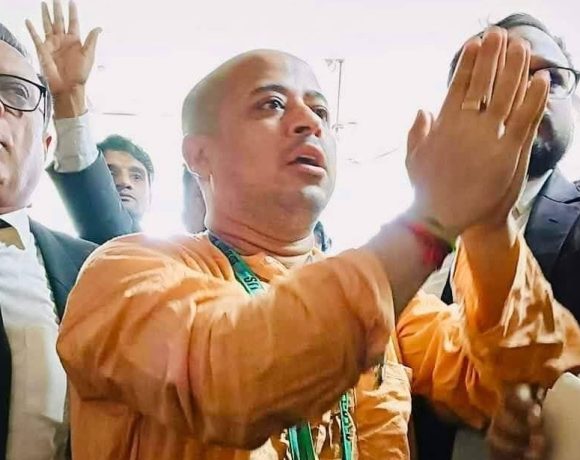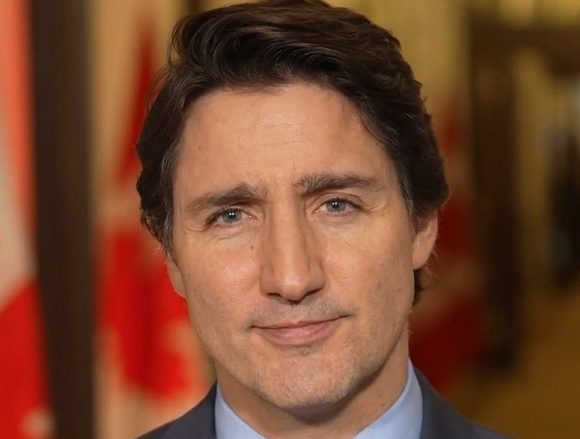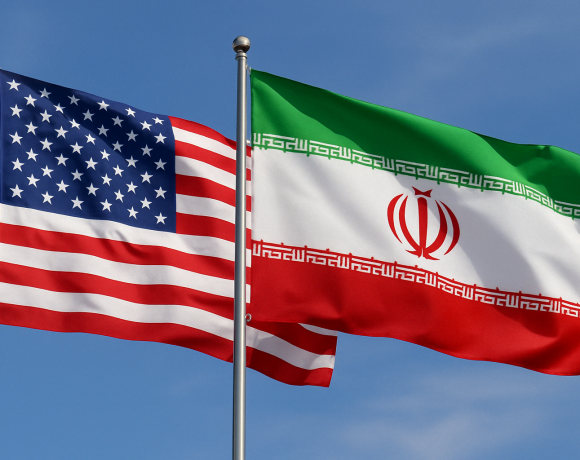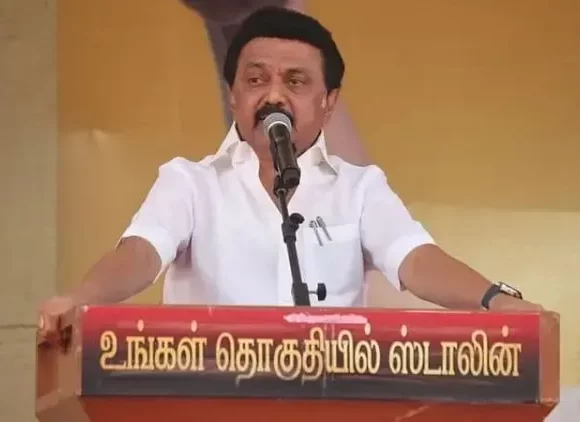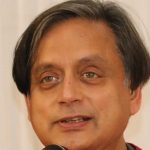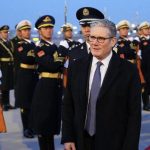
Kim Jong Un Vows Unconditional Support to Russia in Ukraine Conflict
North Korean leader Kim Jong Un has reaffirmed his country’s “unconditional support” for Russia in the ongoing Ukraine conflict and other international matters. During a high-level meeting in Pyongyang with Russian Security Council Secretary Sergei Shoigu, Kim stated that North Korea would fully honor its military commitments under a defense treaty signed with Russia in 2024. The treaty obliges both countries to provide immediate military assistance if either comes under armed attack.
This statement signals a deepening of strategic cooperation between Moscow and Pyongyang, marking a rare and direct military alignment between the two countries amid heightened global tensions.
North Korean Troop Deployment and Arms Support
As part of the expanding military alliance, North Korea has reportedly deployed up to 14,000 troops to support Russian operations in the Kursk region since 2024. These soldiers have been engaged in battlefield operations, providing reinforcement to Russian positions along the Ukrainian frontlines.
In exchange, Russia has reportedly provided advanced military technology to North Korea, including support in missile development and electronic warfare capabilities. The transfer of such sensitive technology underscores the transactional nature of this alliance and the shared desire to counter Western influence.
Violations of UN Sanctions Raise Global Alarm
This growing military nexus has triggered international concern, especially among Western nations. A joint sanctions monitoring report involving multiple countries has confirmed that North Korea has supplied Russia with tens of thousands of munitions, including over 100 ballistic missiles, rocket launchers, and artillery shells.
These arms have reportedly been used in direct attacks on civilian areas in Ukrainian cities, escalating the humanitarian crisis and undermining international norms. The arms transfers also represent a clear breach of existing UN sanctions against North Korea, which prohibit the export of military equipment.
Regional Tensions and Diplomatic Roadblocks
The alliance comes at a time when South Korea’s newly elected President Lee Jae-myung has expressed a willingness to pursue diplomatic engagement with the North. However, Kim’s growing proximity to Moscow and active military collaboration with Russia may further complicate Seoul’s efforts to reopen dialogue and reduce military tensions on the Korean Peninsula.
As North Korea and Russia forge a more formalized military partnership, the geopolitical ripple effects are likely to be far-reaching. The global community now faces a more polarized landscape, with autocratic regimes finding common cause in military cooperation and opposition to Western-led sanctions and diplomacy. The North Korea-Russia alliance, once largely symbolic, now carries real military consequences.


